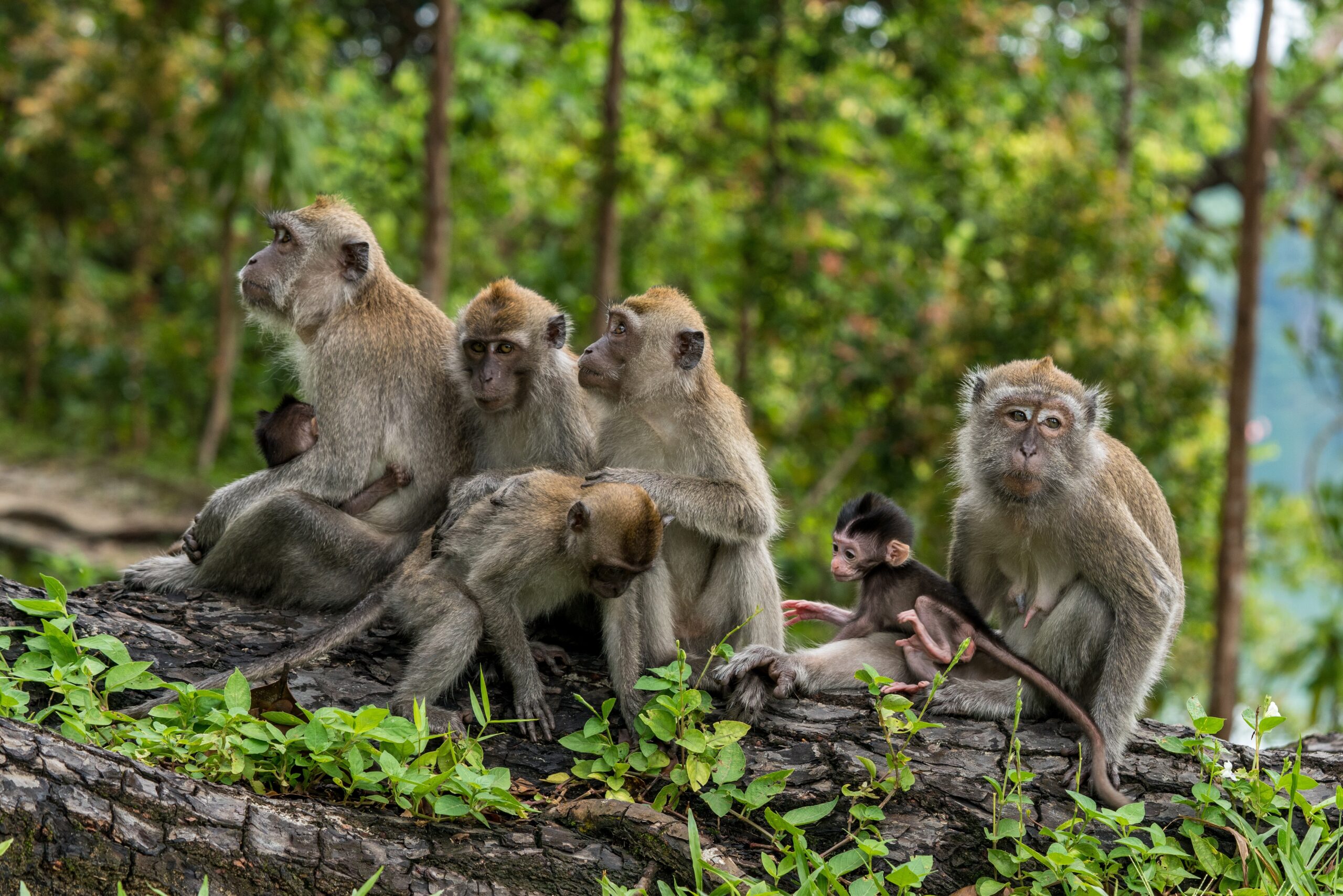A new study led by the University of Oxford has carried out a comprehensive assessment of the link between sociality and different life history traits such as generation time, life expectancy, and the length of their reproductive window.
Up to now, research evaluating the overall impacts of sociality on performance has focused on single species or groups, such as birds or some mammals. The new study assessed 152 animal species from a wide variety of taxonomic groups, including birds, mammals, insects, and corals.
The results of the study showed that more social species live longer, postpone maturity, and are more likely to reproduce successfully than more solitary species. While social species may not be the best to adapt and benefit from a rapidly changing environment, they are often more resilient as a group. This novel finding supports the hypothesis that, even though sociality comes with some obvious costs, the overall benefits are greater.
